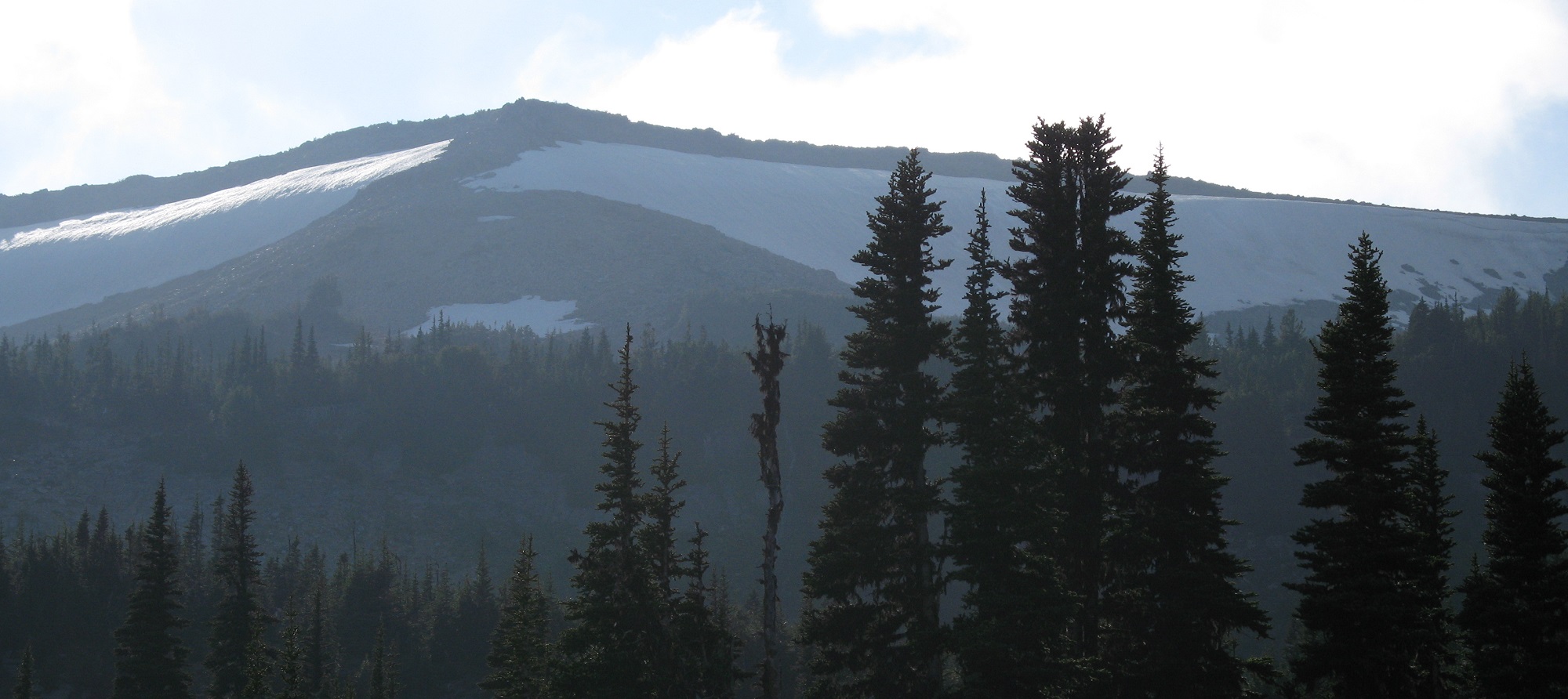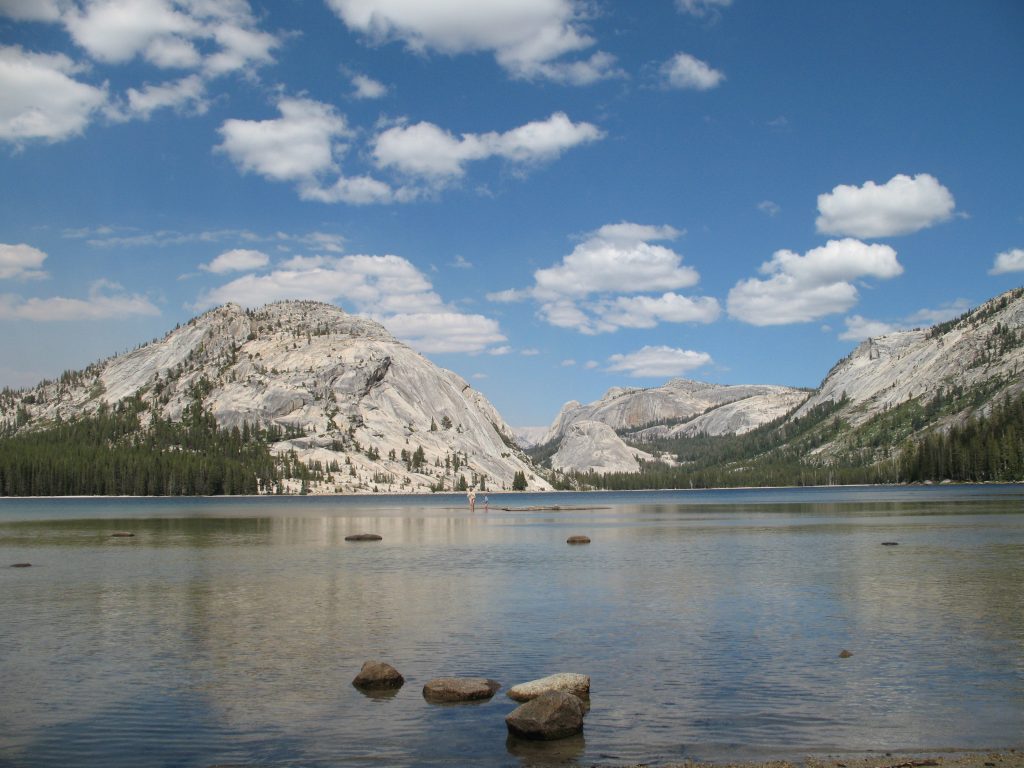Republished from the Ecosystem Restoration Camps, the inspiration for the Ecosystem Guild, established in the Spanish Altiplano in 2017.
I have memories of camping in the High Sierra of California as a child with family friends. We carried extra food on a donkey named “pepper”, and the bears left claw marks on tree trunks, and there was lightning. I began backpacking in college. I remember my first pair of good boots. With the right kit I could go farther. I started following deer trails, and lived in the woods over summer vacation on a sheet of plywood, under a tarp and mosquito netting. I learned maps and plants and all of this led me to gardening, design, and restoration ecology.
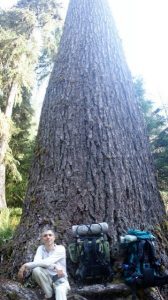
Camping in the Western United States may have unusual cultural status. My thrice-great grandfather crossed the western desert in an ox drawn wagon to get to a green crescent of land that became home. There are stretches of untracked land the size of small countries that can only be explored on foot. We live with bears, lions, and wolves. Privileged urbanites shop at REI for fleece, and rural people hunt for meat, and we both camp.
There is a visceral feeling that comes from putting together a kit and walking into the wilderness. The same rules apply to everyone. If you are too cold you’ll die. You need clean water. Fat, protein and carbohydrate each burn differently. Comforts add weight, and so all comfort has a cost. You pay attention to the details and treasure the right tools.

There are social norms that emerge on the trail. Sharing increases as the unspoken pact is that everyone survives together, and you want to be a provider. To be nomadic even temporarily is unsettling. Some of your civilized habits are irrelevant, and are quickly shed. You eat differently, exercise constantly, squat to defecate, bathe less, and spend more time watching rocks and water. As you travel lighter you can go farther.
I now work as a restoration ecologist, and for me there is a resonance between camping and Restoration. I’m not talking about the little restorations–grant funded projects managed by government information workers like myself. I’m talking about the Restoration where our way of life makes the earth stronger with each generation. This common misunderstanding that government projects will fix what ails us is, at best, irrelevant. Our need for Restoration began a long time ago, maybe with the bronze-smelting deforestation of the Mediterranean three millennia ago. Restoration will require that we become unsettled. Some old habits need to be shed. Every comfort has a price. Wilderness camping is a ritual to rediscover what it means to stay alive and Restoration is about choosing how we live.
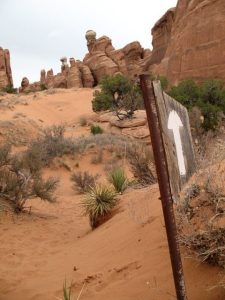
There are almost 7.5 billion of us now walking into unexplored territory. We are traveling cross country without a map. We will need to build a new kit as we go, and come to terms with all the useless crap we’ve been carrying. We’ll learn as we go. Some of our old habits will be irrelevant, and we will be wise to shed them. You will meet people who act confident and say they know the way. In the end you’ll have to read your own signs, and choose your own trail mates.
Life on the trail is intimate and bonds are personal and built of love. Love takes many forms, but must be cultivated and nurtured. There are special places in my heart for those I have journeyed with on foot. When I am ensconced in modern life, camping helps me regain focus by renewing an understanding of survival and the relationships I value. As we embrace Restoration, I suspect we may live more like we are camping, rather than building some kind of edifice.
I think I’ll find some trail mates and start looking for the quiet small path of restoration. We’ll travel light and navigate by the shape of the land. We’ll have to attend to each other. At the end of my journey, I hope that I can leave a subtle trace, of deeper soil, larger forests, and love.
